
Introduction to jaw clenching
When a person is constantly clenching their jaw it can be very painful and it can also result in numerous dental problems.
It is a habit that develops unconsciously in which the teeth are cleaned while a person sleeps at night. This phenomenon often leads to serious pain of the jaw.
Jaw clenching is also a common physical reaction by both children and adults when they get angry.
When it occurs at night it is usually described as a sleep disorder.
Causes of jaw clenching
Some common causes of jaw clenching problems include changes being made to the diet, medications, increased stress levels, brain damage, and deformities of the jaw.
Symptoms of jaw clenching
Jaw clenching is commonly known as teeth grinding, or in medical terms, bruxism. Since it usually occurs while someone is sleeping, it is a problem that is often very hard to have control over.
The action of grinding the teeth together puts pressure on the jaw in many ways, including pressure on the muscles, tissues and other structures that make up the jaw.
It is possible that a person will not know that they are clenching their jaws until the symptoms occur.
Some symptoms of this condition include anxiety, stress, tension, insomnia, depression, eating disorders, damaged tissue in the mouth, indentation on the tongue, facial pain, changes in eating habits and sleeping habits, pain in the ear, and of course, jaw pain.
Remedies
When a person has serious problems with jaw clenching it may be best to undergo some type of stress management program. When stress is reduced, jaw clenching might be reduced as well. Yoga and meditation are good things to take up in order to manage and reduce stress.
It is a good idea to use a mouth guard as well while sleeping. Wearing this or a splint of some sort can help to avoid jaw clenching.
It is best to get one that is perfectly fitted for the individuals mouth from a dentist. It needs to be comfortable as well, but if the person is looking to spend less money, there are splints and mouth guards that work well and are available in most stores, but will not be fitted exactly to the contours of the mouth.
Sometimes injections and surgeries might be needed as well. Trigger point injections can be used to relax the muscles of the jaw, but people need to be careful with such remedies in order to not affect the speech or ability to eat with this medication.
Surgery should be considered as a final option, but it can be effective. There are also corrective devices such as retainers and braces that can be used to stop a person from clenching his or her jaw.




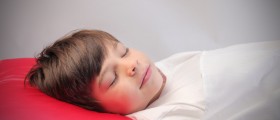

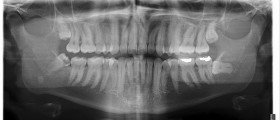

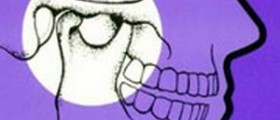

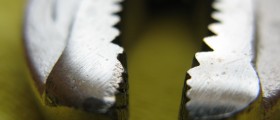
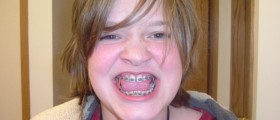
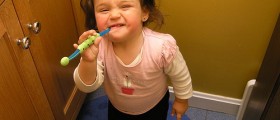
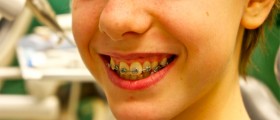
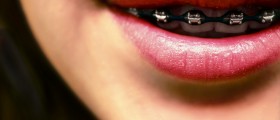
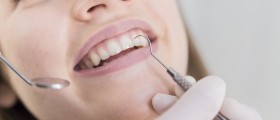
Your thoughts on this
Loading...